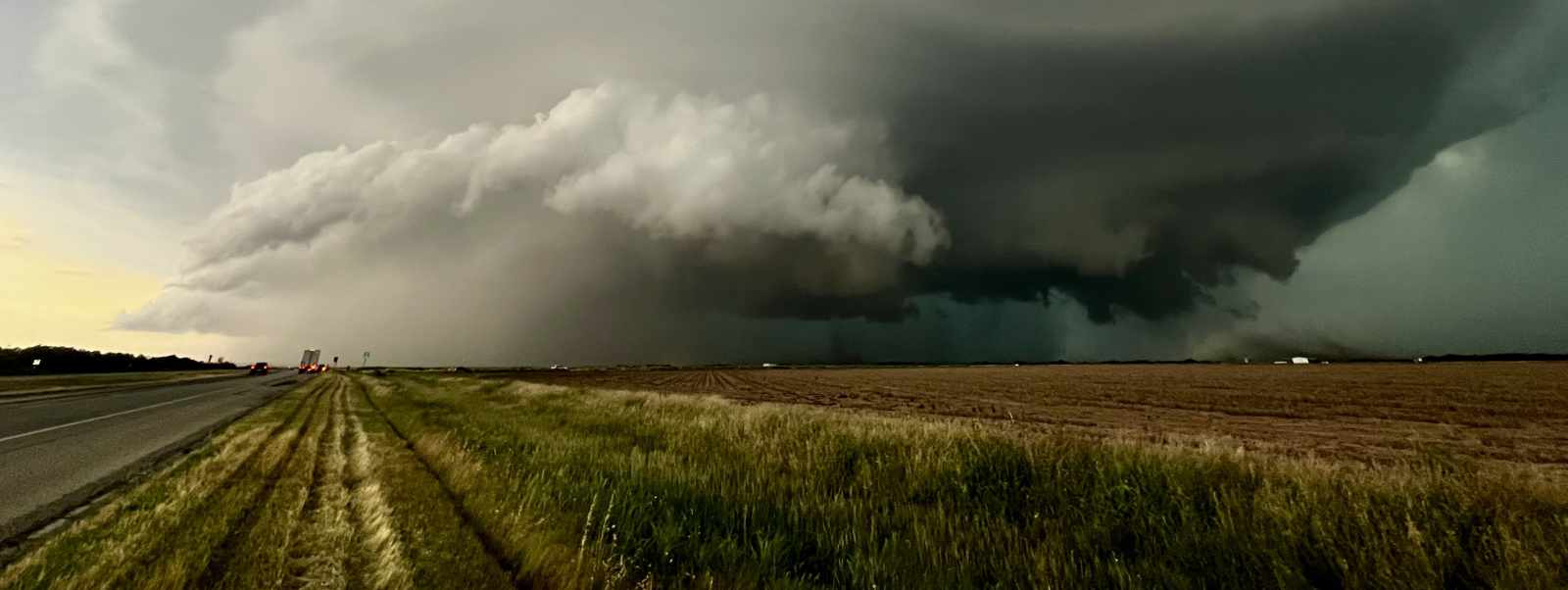
A University of Strathclyde researcher will lead a major new European network designed to improve the prediction of extreme weather and strengthen early warning systems across the continent.
The network, known as ANTICIPATE, will be the first of its kind to connect researchers, operational forecasters and decision-makers working across climate dynamics, multi-hazard forecasting, and disaster risk reduction. It will be funded by a European Cooperation in Science and Technology (COST) Action, which supports collaborative research projects across Europe.
The four-year initiative will bring together 46 participants from 26 countries, with involvement from national meteorological services such as the UK Met Office and the Icelandic Meteorological Office, as well as global partners including the World Meteorological Organization and the Red Cross Red Crescent Climate Centre.
Weather hazards
Dr Chris White from Strathclyde’s Department of Civil and Environmental Engineering, who is leading the Action, said: “ANTICIPATE will deliver a step change in how we forecast, communicate and act on extreme weather hazards. By uniting experts from across different disciplines and sectors, we aim to close critical gaps and accelerate progress in extended-range, multi-hazard early warnings that can better protect lives, livelihoods and infrastructure.”
Current forecasting systems typically provide early warnings only up to 10 days ahead and tend to focus on single hazards such as floods or heatwaves. However, global meteorological centres have recently developed experimental models capable of predicting weather patterns up to 46 days in advance. ANTICIPATE seeks to build operational systems that connect this extended forecasting capacity with real-world applications across multiple hazards.
The network will support training and capacity building for the next generation of experts in the field, with a particular focus on PhD students and early career researchers. Activities will include summer schools, exchanges, workshops and conferences.
Anticipate risks
Dr White added: “Extreme weather events are increasing in frequency and severity due to climate change. This Action will help ensure Europe is better prepared to anticipate risks and take timely, informed action.”
The ANTICIPATE COST Action will officially start later this autumn. It is one of 70 new Actions approved this year by the COST governing board, the Committee of Senior Officials. COST supports research collaboration across a wide range of scientific and societal challenges.